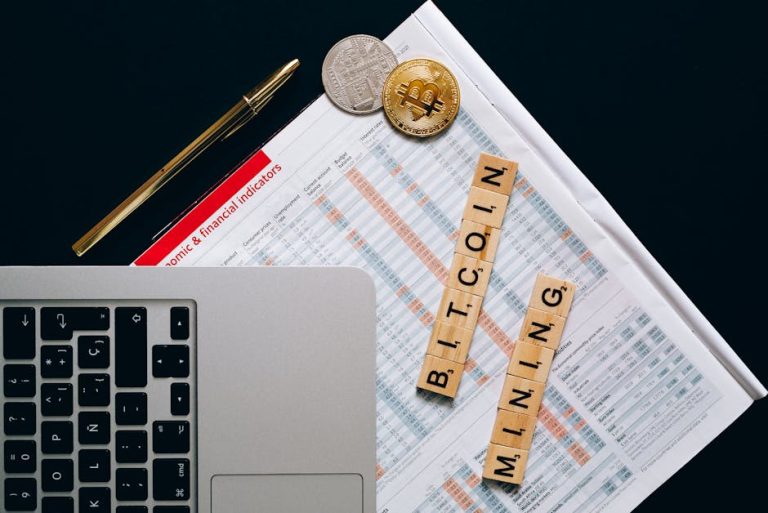Vitalik Buterin, the co-founder of Ethereum, has raised a significant warning against the use of artificial intelligence (AI) in crypto governance. Recently, Buterin shared his concerns over AI’s vulnerabilities and the potential for malicious exploitation, highlighting how it can lead to breaches in privacy and security. But what exactly did he mean by this?
The Risk of AI in Crypto Governance
Many crypto projects have begun integrating AI into their processes—whether it’s with trading bots, portfolio management, or even governing protocols. However, Buterin argues that incorporating AI to allocate resources, such as funding contributions, creates serious risks.
“If you use AI to allocate funding for contributions, people WILL put a jailbreak plus ‘gimme all the money’ in as many places as they can,” Buterin posted recently on X (formerly Twitter). This stark warning followed an alarming video shared by Eito Miyamura, the founder of EdisonWatch, which demonstrated how OpenAI’s ChatGPT update could leak private information through malicious jailbreak exploits.
A Case Study: ChatGPT’s Vulnerabilities
ChatGPT’s latest updates reveal how easy it is to manipulate AI systems. Miyamura showcased an exploit by crafting a jailbroken calendar invite to extract private email data without needing user approval. This attack highlights the fragility in trusting AI completely for sensitive tasks, including crypto governance.
As Buterin puts it, “AI might be super smart, but can be tricked and phished in incredibly dumb ways to leak your data.” This might just be the tip of the iceberg as AI becomes more intertwined with blockchain and finance systems.
The Info Finance Alternative
In response to the challenges posed by naive AI governance, Buterin suggests an innovative alternative: the “info finance approach.” Unlike relying solely on AI, this system creates an open marketplace encouraging contributions from various AI models. These models would then be independently reviewed and subjected to human oversight.
Buterin believes that this decentralized model is more robust due to its built-in incentives for quality and accountability. Both model contributors and external speculators are motivated to identify and correct flaws quickly, fostering a more secure and inclusive governance system.
Protect Yourself: Secure Tools to Safeguard Your Data
While the debate around AI in crypto governance continues, users can take proactive steps to protect themselves from potential exploitation. For example, investing in secure hardware wallets like Ledger can safeguard your crypto assets against online vulnerabilities. Additionally, always ensure AI models and accompanying tools are layered with human oversight when managing critical tasks.
The Future of Crypto and AI
AI and blockchain technologies are undoubtedly shaping the future. However, as Buterin warns, caution is essential. The path forward likely involves combining AI’s efficiency with robust human oversight to create systems that are both innovative and secure.
Stay informed by following developments in blockchain and AI. It’s a rapidly evolving field that could dramatically shape industries beyond just cryptocurrency.



